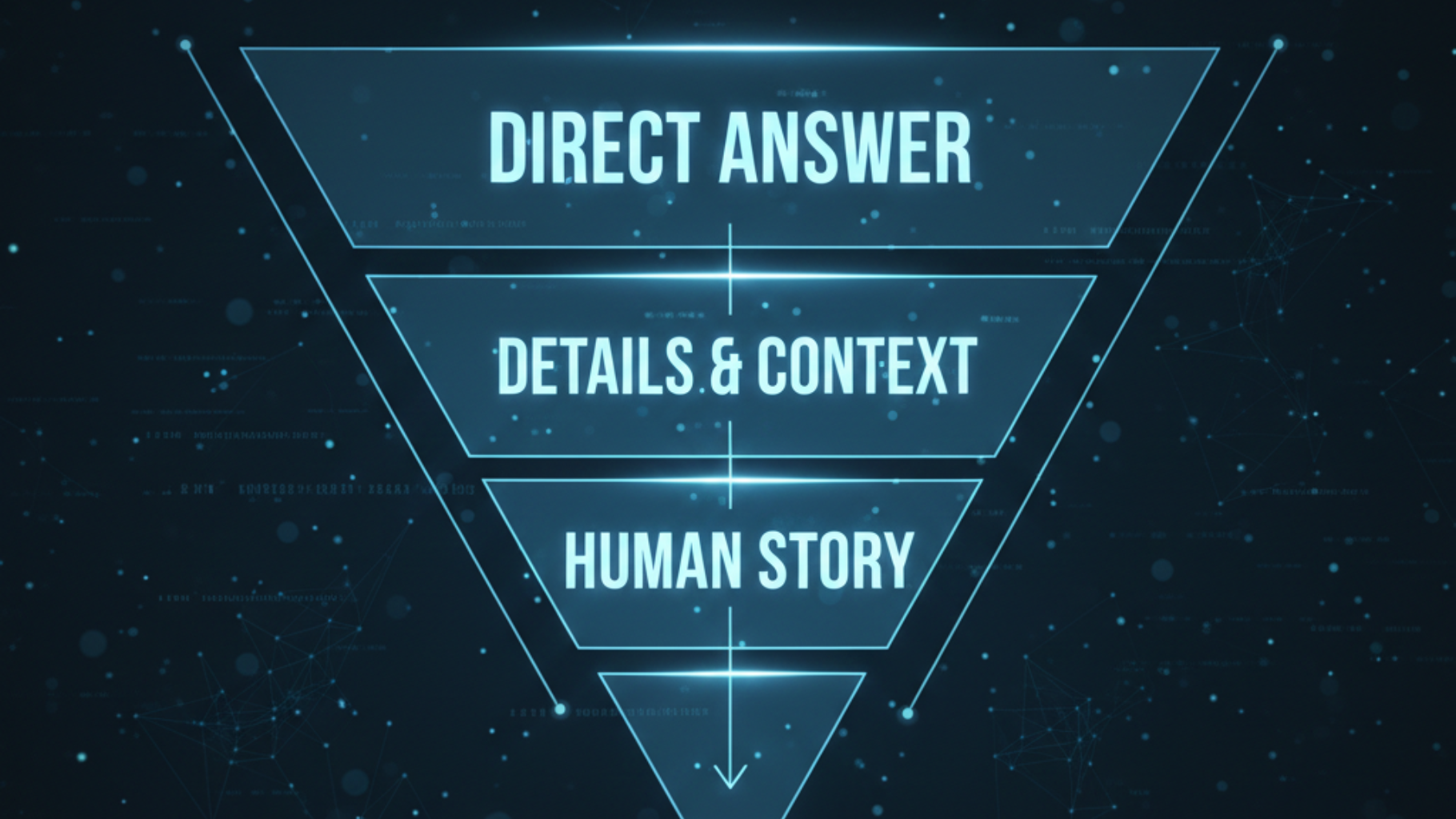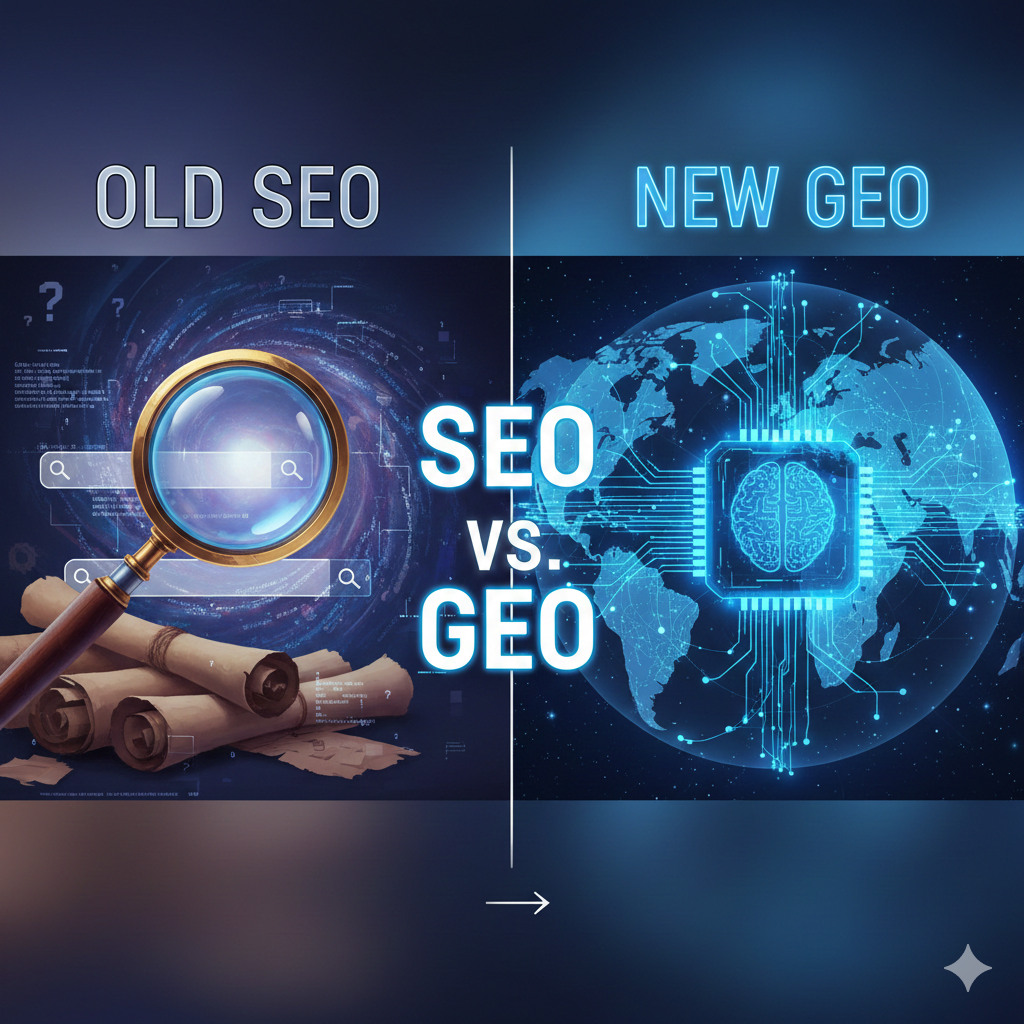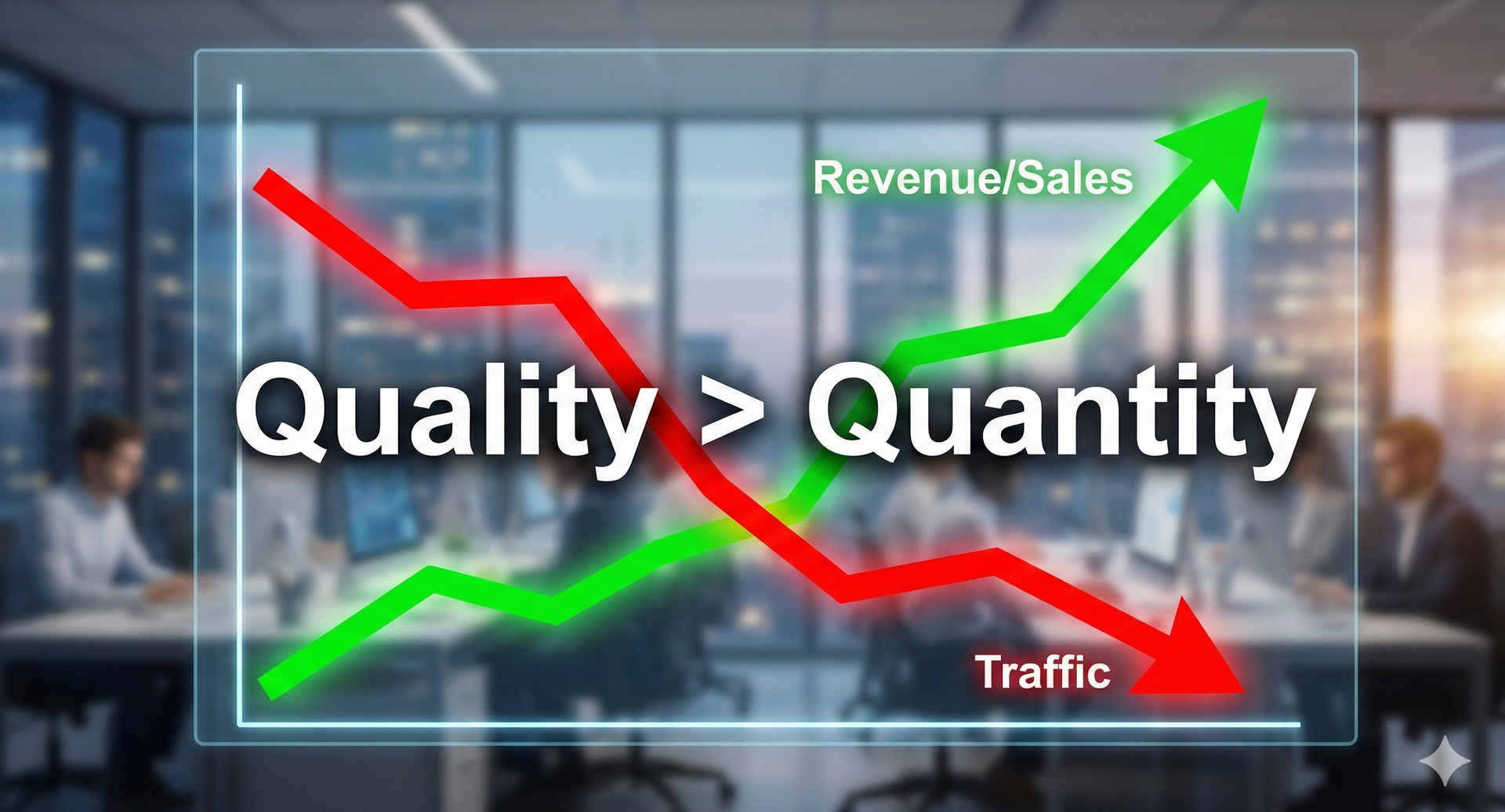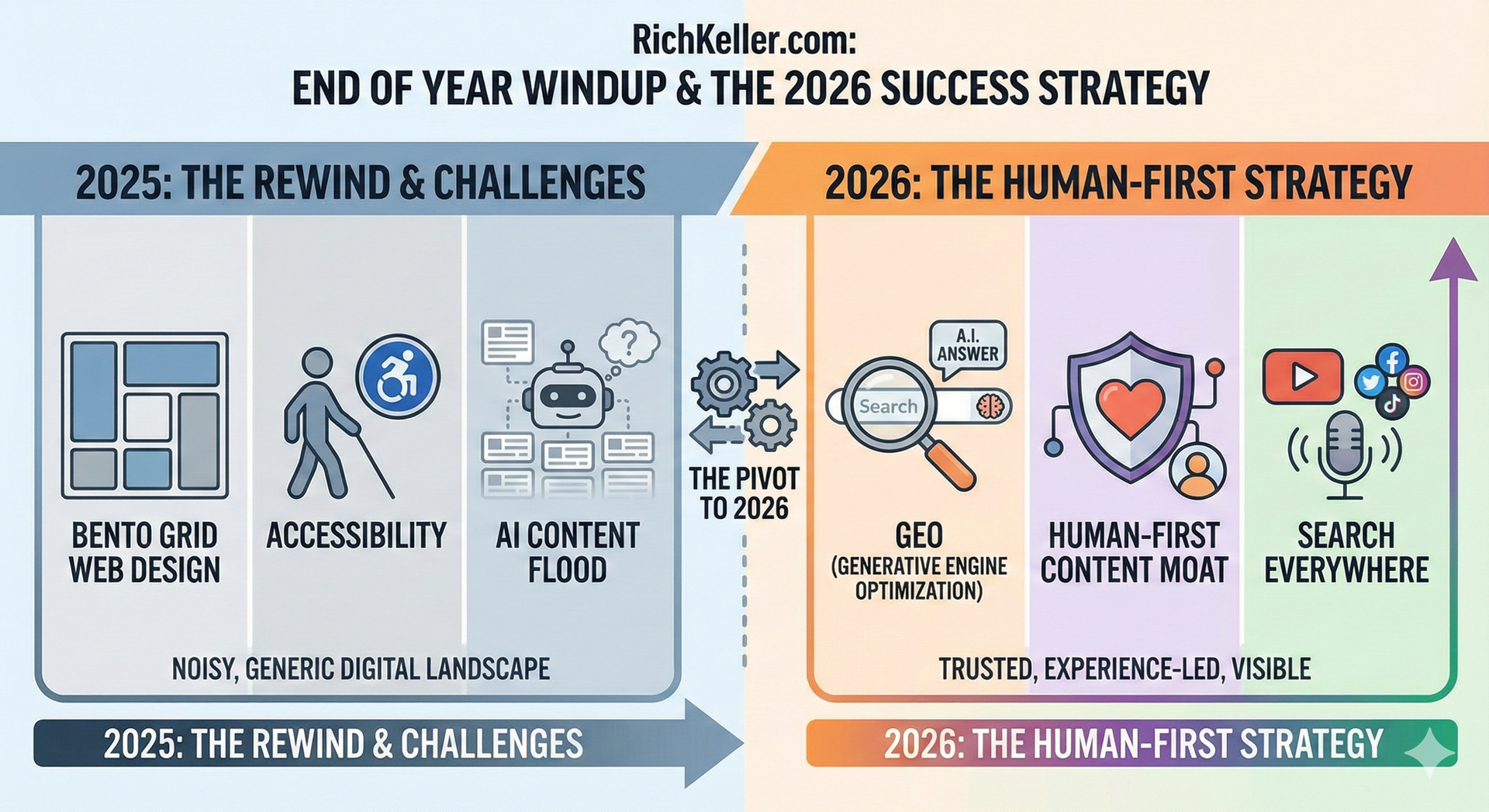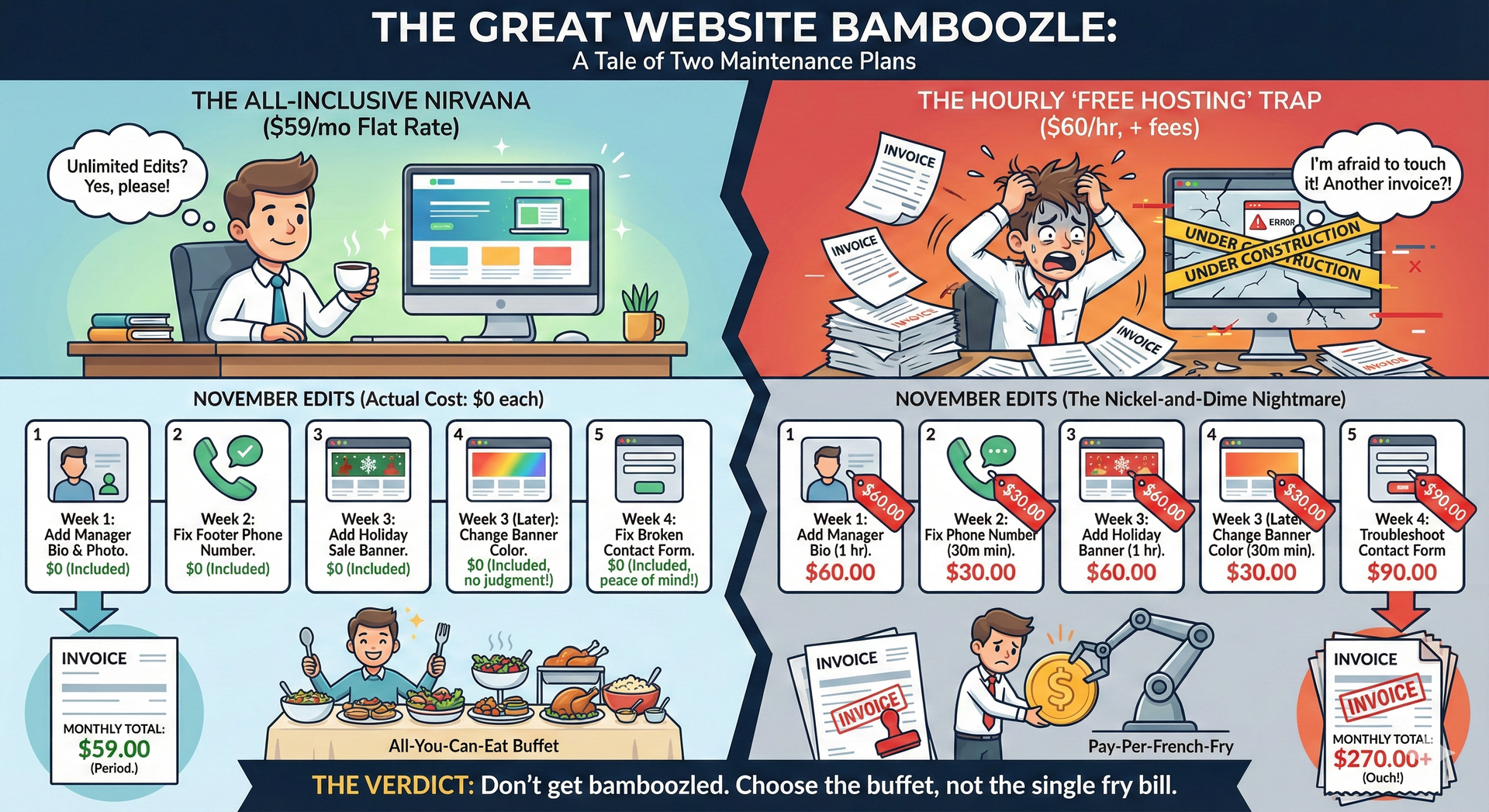How much should a small business website cost in 2025

The cost of a small business website in 2025 varies widely based on factors like complexity, design, functionality, and whether you choose a DIY approach or hire professionals. Below is a breakdown of the key cost components and ranges, based on current trends and available data:
Cost Breakdown
Domain Name:
Cost: $10–$50/year (premium domains can be higher, e.g., $100+ for popular keywords).
Details: This is your website’s address (e.g., www.yourbusiness.com). Providers like GoDaddy, HostGator, or Namecheap offer registration, with costs varying by domain extension (.com, .co, etc.).
Web Hosting:
Cost: $24–$200/year for shared hosting; $60–$500+/year for website builders; $120–$3,000+/year for VPS or dedicated hosting.
Details: Shared hosting ($3–$15/month) is sufficient for most small businesses with low to moderate traffic. Website builders like Wix or Squarespace include hosting in their plans ($5–$59/month). Higher-end options like VPS or cloud hosting ($10–$200/month) suit growing businesses with higher traffic.
Design and Development:
DIY with Website Builders (e.g., Wix, Squarespace, Hostinger):
Cost: $0–$500/year (subscription plans range from $4–$59/month).
Details: Ideal for simple websites (e.g., informational sites with 1–10 pages). These platforms offer drag-and-drop interfaces, templates, and integrated features, requiring minimal technical skills. Hostinger’s builder starts at $2.99/month, while Wix ranges from $17–$49/month for business plans.
Freelance Web Developer:
Cost: $2,000–$10,000 for a basic site; $10,000–$75,000+ for complex or custom sites.
Details: Suitable for small businesses needing tailored features (e.g., booking systems or custom designs). Costs depend on the developer’s experience and location, with rates averaging $61–$80/hour.
Web Design Agency:
Cost: $5,000–$30,000 for a standard small business site; $30,000–$100,000+ for complex or e-commerce sites.
Details: Agencies offer professional, customized solutions with expertise in UI/UX, SEO, and scalability. Costs increase with page count (e.g., $100–$250/page beyond a base package) and advanced features like e-commerce or database integration ($2,000–$25,000).
Content Creation:
Cost: $50–$500/page for professional content; $500–$5,000 for comprehensive content (e.g., blogs, product descriptions).
Details: High-quality content enhances SEO and user engagement. Costs vary based on length, expertise, and whether you hire freelancers or agencies. DIY content creation can reduce costs but requires time.
Additional Features:
SSL Certificate: $0–$1,500/year (often included with hosting). Essential for security and trust (HTTPS).
E-commerce Functionality: $1,000–$25,000 for setup (e.g., WooCommerce, Shopify). Includes payment gateways, product pages, and customer management. Ongoing app/plugin costs may add $15–$89/month.
SEO Services: $500–$5,000 for initial setup; $500–$5,000/month for ongoing optimization. Includes keyword research, on-page SEO, and link building.
Custom Graphics/Logo: $500–$1,000 for a custom logo; $50–$200/page for custom visuals. Enhances brand identity but increases costs.
Maintenance and Updates:
Cost: $10–$300/month (or $100–$3,000/year).
Details: Covers updates, backups, security patches, and technical support. Website builders often include maintenance in subscriptions, while custom sites may require separate plans or retainers ($40–$300/month).
Total Cost Estimates
DIY Website (Basic, using Website Builder): $100–$1,000/year (domain, hosting, basic templates). Suitable for simple informational sites (e.g., local bakery with a homepage, contact page, and menu).
Freelance-Built Site (Basic to Moderate): $2,000–$10,000 upfront + $100–$1,000/year maintenance. Ideal for businesses needing custom features like booking forms or portfolios.
Agency-Built Site (Professional): $5,000–$30,000 upfront + $500–$3,000/year maintenance. Best for businesses requiring robust, scalable sites (e.g., e-commerce or multi-page sites).
E-commerce or Complex Custom Site: $10,000–$100,000+ upfront + $1,000–$10,000/year maintenance. Includes advanced features like online stores, customer portals, or database integration.
Key Factors Influencing Costs
Complexity and Features: More pages, custom designs, or advanced functionality (e.g., e-commerce, booking systems) increase costs. A simple 5-page site costs less than a 50-page site with custom graphics.
Development Approach: DIY is cheapest but limited in customization. Freelancers offer a middle ground, while agencies provide premium, tailored solutions.
Geographic Location: Developer rates vary by region. For example, U.S.-based developers charge $61–$125/hour, while offshore teams may charge less but risk quality issues.
Ongoing Needs: Maintenance, SEO, and updates add recurring costs. Scalability (e.g., cloud hosting) may increase expenses as traffic grows.
Tips to Manage Costs
Start Simple: Use a website builder for a basic site and upgrade as your business grows. Platforms like Hostinger ($2.99/month) or Wix ($17–$49/month) are cost-effective.
Prioritize Features: Focus on essentials (e.g., mobile responsiveness, SSL, basic SEO) and add advanced features (e.g., e-commerce) later.
Compare Hosting: Shared hosting ($3–$15/month) is sufficient for small sites. Avoid overpaying for premium hosting unless needed.
Leverage Free Tools: Use free WordPress themes/plugins or included AI tools in builders like Hostinger for cost savings.
Negotiate Maintenance: Opt for plans that bundle maintenance with hosting or agency services to reduce long-term costs.
Conclusion
For most small businesses in 2025, a professional, functional website costs $1,000–$10,000 upfront (DIY or freelance) or $5,000–$30,000 (agency), with annual costs of $100–$3,000 for hosting, domain, and maintenance. E-commerce or highly custom sites can exceed $30,000. To optimize your budget, assess your needs (e.g., informational vs. e-commerce), compare DIY vs. professional options, and prioritize scalability for future growth. For example, a local service business might spend $500–$2,000 on a simple site, while an online store could invest $5,000–$15,000 for e-commerce features.
Cost-Effective Turnkey Solutions at Just $99/month.
Transform your online presence with Rich Keller.
Starting at $99/month, you receive:
- Professional Website
- AI Tools for Writing
- SEO Optimization
- Digital Marketing Services
- Unlimited edits.
